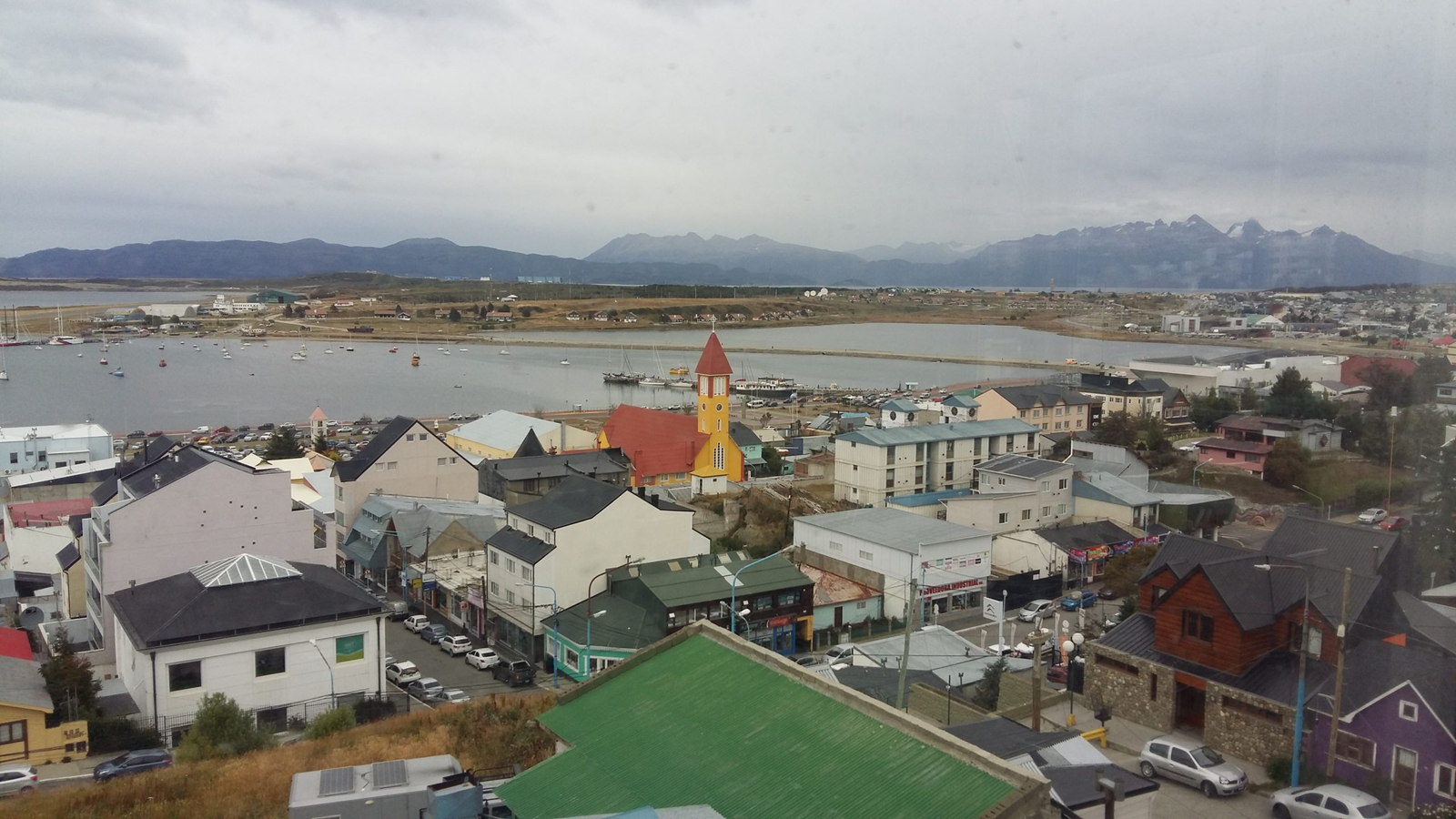How to Organize a Private Scientific Expedition in Tierra del Fuego
Tierra del Fuego, the southernmost region of Argentina, is a land of breathtaking landscapes and unique biodiversity, making it an ideal location for scientific exploration. Organizing a private scientific expedition in this remarkable area allows researchers, scholars, and enthusiasts to delve into the region’s rich natural history, study its ecosystems, and contribute to important conservation efforts. At Patagon Mountain Agency, we specialize in crafting bespoke experiences, including private scientific expeditions tailored to your specific research needs and interests. This article will guide you through the process of organizing your own scientific expedition in Tierra del Fuego, showcasing the benefits and the remarkable opportunities that await you.

1. Understanding the Unique Biodiversity of Tierra del Fuego
Before embarking on your expedition, it’s crucial to understand the unique ecological features of Tierra del Fuego:
Diverse Ecosystems
Tierra del Fuego is home to a variety of ecosystems, including subpolar forests, grasslands, and coastal environments. These diverse habitats support a wide range of flora and fauna, some of which are endemic to the region. This biodiversity presents ample opportunities for scientific research, making it an attractive destination for biologists, ecologists, and conservationists.
Unique Geological Features
The region’s unique geological features, including glaciers, mountains, and fjords, provide insights into the Earth’s history and climate changes. Researchers interested in geology, climatology, and glaciology will find Tierra del Fuego to be an invaluable field site for their studies.
2. Defining Your Research Goals and Objectives
A successful scientific expedition begins with clear goals and objectives. Here are some steps to define your research focus:
Identify Research Interests
Consider what specific aspects of Tierra del Fuego you wish to study. This could include ecological assessments, wildlife monitoring, climate change impacts, geological studies, or ethnobotanical research. Having a focused research question will help guide your expedition planning.
Consult with Experts
Engage with experts in your field to refine your research objectives. Collaborating with local scientists or institutions can provide valuable insights and ensure your expedition aligns with ongoing research initiatives in the region.
3. Planning Your Expedition Logistics
Once your research goals are established, it’s time to plan the logistics of your expedition. Here are key elements to consider:
Selecting the Right Time of Year
The best time to conduct research in Tierra del Fuego typically spans from late spring to early autumn (October to March). During these months, the weather is milder, and access to remote areas is more feasible. Researching seasonal wildlife patterns or vegetation growth can also inform your expedition timing.
Securing Permits and Permissions
Before embarking on your expedition, ensure you obtain any necessary permits and permissions for conducting research in protected areas. This may involve working with local government agencies, conservation organizations, or indigenous communities to ensure compliance with regulations.
Choosing Transportation and Accommodation
Decide on the most suitable transportation options for your expedition. Depending on your destination, this may include private vehicles, boats, or even chartered flights. Additionally, arrange for appropriate accommodations that can accommodate your research team, whether in remote lodges, field camps, or tents.
4. Engaging Local Experts and Guides
One of the greatest assets for a successful scientific expedition is the knowledge of local experts and guides. Here’s how to incorporate their expertise:
Hiring Experienced Local Guides
Local guides familiar with the region’s landscapes, ecosystems, and wildlife can enhance your research experience. Their expertise in navigation and understanding of local conditions will be invaluable, particularly when accessing remote study sites.
Collaborating with Local Institutions
Partnering with local universities, research institutions, or conservation organizations can provide access to additional resources and support for your expedition. These collaborations can facilitate knowledge exchange and strengthen the impact of your research.
5. Sustainable Practices and Conservation Awareness
As you plan your expedition, consider incorporating sustainable practices and promoting conservation awareness:
Implementing Responsible Research Practices
Follow best practices for responsible research, such as minimizing your environmental footprint, adhering to ethical guidelines for wildlife interaction, and practicing Leave No Trace principles. Ensuring that your expedition contributes positively to the environment is essential for long-term conservation efforts.
Raising Awareness and Sharing Findings
Consider sharing your research findings with local communities and stakeholders. Engaging in outreach initiatives can promote awareness of the region’s unique ecosystems and highlight the importance of conservation efforts in Tierra del Fuego.
6. Experiencing the Rich Cultural Heritage of Tierra del Fuego
In addition to the natural beauty, Tierra del Fuego has a rich cultural heritage that can enrich your expedition experience:
Learning from Indigenous Communities
Engaging with indigenous communities, such as the Selk’nam and Yaghan people, can provide valuable insights into the region’s history and cultural practices. Understanding traditional ecological knowledge and perspectives on conservation can enhance the depth of your research.
Incorporating Cultural Activities
Consider incorporating cultural activities into your expedition, such as traditional crafts, storytelling, or guided tours led by local communities. These experiences will enrich your understanding of Tierra del Fuego’s cultural landscape and foster meaningful connections.
Conclusion: Embark on Your Private Scientific Expedition in Tierra del Fuego
Organizing a private scientific expedition in Tierra del Fuego is a remarkable opportunity to explore one of the world’s most pristine and biodiverse regions. With careful planning, expert guidance, and a commitment to sustainability, you can embark on an adventure that combines scientific discovery with a deep appreciation for the natural and cultural richness of this extraordinary area.
If you’re ready to take the next step and organize your private scientific expedition, contact Patagon Mountain Agency today. Let us help you create a bespoke experience that aligns with your research goals, ensuring an unforgettable journey into the heart of Tierra del Fuego’s natural wonders. Explore, discover, and contribute to the ongoing narrative of this remarkable region while enjoying the beauty and tranquility it has to offer.



